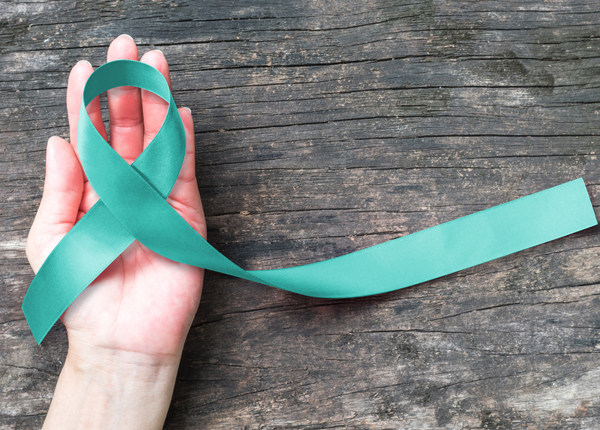
Warning Signs of Cervical Cancer Every Woman should Know
Cervical cancer occurs when abnormal cells on the cervix– the lower part of the uterus opening into the vagina–grow uncontrollably. Cervical cancer is caused mainly by the Human Papilloma Virus (HPV) which can be transmitted through sexual contact, although not all types of HPV lead to cancer. Smoking, HIV, prolonged use of birth control pills, and multiple childbirths all elevate the risk of acquiring this disease.
Cervical cancer is not thought to be hereditary. It is rarely seen in women under twenty. Most incidences occur in middle aged women and it is the leading cause of female cancer related death. It is thus highly recommended for young girls and boys to get vaccinated for HPV at an early age although the vaccine does not offer a cure for all HPV cancer causing strains.
Cervical cancer may not cause any symptoms whatsoever in its earliest stages. Like most cancers, these symptomless early stages correspond to the time when treatment outcomes are rosiest. Regular screening can detect these cells in precancerous or early cancer stages, and is the surest way of detecting the disease early on. Thus, it is highly recommended for healthy women over 30 to get screened regularly by a health care provider. The screening requires a pap smear, which is a simple test that involves a quick extraction of cervical cells, typically with a swab, and their examination under a microscope. The Pap test is one of the most reliable cancer screening methods available.
Cervical cancer kills an estimated one third of women with the disease. This makes it extremely important for all women to be aware of its warning signs, especially as many of these signs are obscure and can be dismissed as benign.
• Bleeding after intercourse, or after a medical exam: This is the most common early symptom of cervical cancer.
• Bleeding between periods or after menopause: Many women mistake this blood streaked vaginal discharge for spotting. Bleeding after menopause in particular often indicates a serious health issue and should be investigated immediately.
• Heavier than normal periods that last longer than usual.
• Unusual vaginal discharge: This includes discharge that may be white, excessively watery, brown, blood streaked, or foul smelling.
Symptoms of more advanced cervical cancer include:
• Pain during intercourse
• Fatigue
• Weight loss
• Difficulty or pain while urinating or defecating
• Changes in bowel movements and in the texture of faeces: These should be checked out if they persist for more than a week.
Experiencing any of these symptoms does not necessitate affliction with cervical cancer. They may be caused by a variety of other reasons, such as an infection. However it is wise to consult a physician if you experience any of these symptoms to rule out a serious illness.
Source:
www.healthywomen.org/content/article/9-warning-signs-cervical-cancer-you-shouldnt-ignore.
www.cancer.org/cancer/cervical-cancer/detection-diagnosis-staging/detection.html.
https://www.prevention.com/health/6-sneaky-signs-of-cervical-cancer/slide/6
https://www.healthline.com/health/cervical-cancer/symptoms#symptoms2

